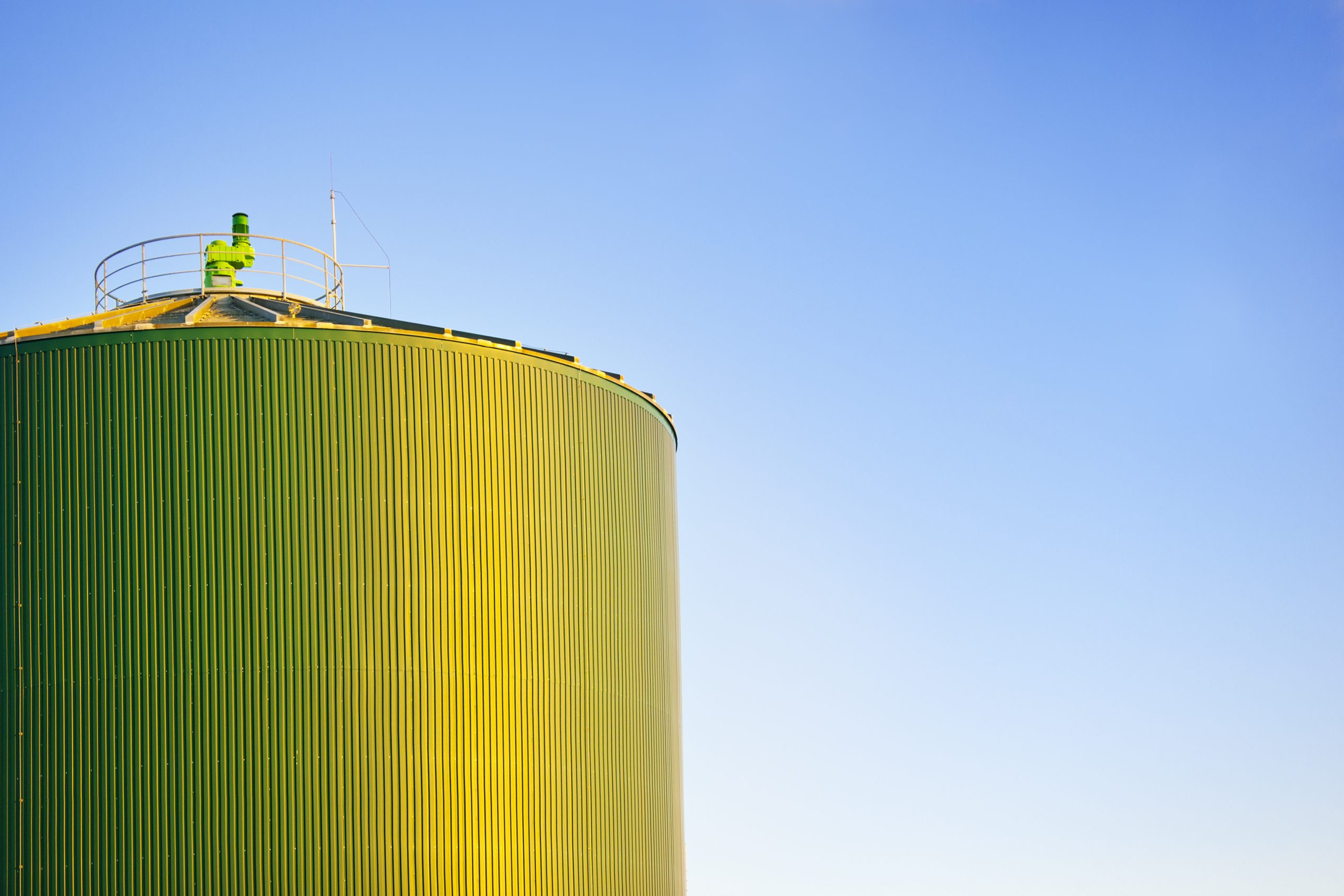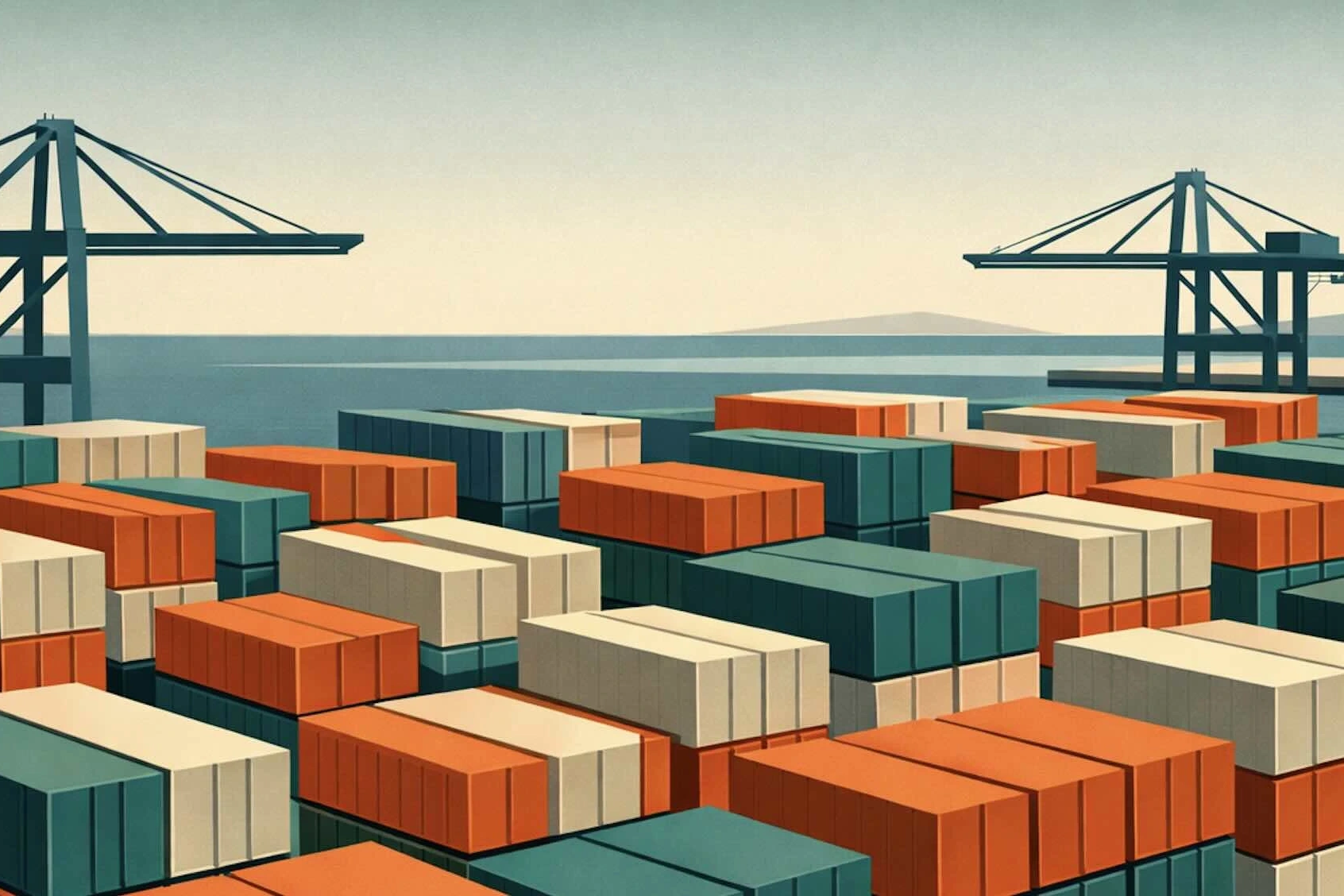North Macedonia’s high hopes
Andraž Tavčar
JOURNALIST AT THE ADRIATIC
Mention cannabis and our minds turn to a healthcare industry now worth billions. Its leaves used as a balm to treat the ailing, the plant has proven remarkably versatile in addressing a range of health issues. Clinical research has demonstrated its effectiveness in managing chronic pain and patients with debilitating conditions like multiple sclerosis have found relief in its ability to reduce muscle spasms and stiffness. Moreover, it holds promise in mitigating the severe weight loss and nausea associated with chemotherapy, offering some semblance of comfort to cancer patients.
Europe’s emerging cannabis market
The landscape went from a hidden pastime to a hive of legitimate commerce – red eyes no longer a product of a weed-induced haze, but the relentless glare of market charts. In Europe alone the industry’s growth has been significant, with its value reaching approximately $8 billion in 2023. The use of cannabis, once on the margins of medicine and society, has now moved to the forefront, with the industry projected to grow at a compound annual rate of approximately 15% between 2023 and 2027.
Across the Atlantic, the United States has already witnessed the lucrative waves of this ‘green rush’. After the 2008 economic recession forced cuts to law enforcement budgets, the financial crisis heralded a marked change in policy towards the substance. By 2012, with medical cannabis available in 18 states, voters in Colorado and Washington approved cannabis for recreational, not just medical, use.
Today, with a market valued at a USD 33 billion and legal frameworks supporting both leisure and medical applications in most states, it offers a glimpse into Europe’s potential. With a vast population of 750 million residents and a legal framework that’s progressively evolving, Europe is on the cusp of a major growth in its own cannabis industry, potentially surpassing the strides made in the U.S.
Shifts and challenges
North Macedonia is working to position itself as the main exporter of medicinal cannabis in the region, legalising the substance for medicinal use in 2016. Even legalisation of recreational use wasn’t off the table, according to the country’s Prime Minister at the time, Zoran Zaev, who promised to transform the country into an “Amsterdam in the Balkans.” But the COVID pandemic and subsequent criticism by the opposition and calls for investigations into Zaev’s personal interest in the industry, after one of his relatives was found to have obtained a growing license, seem to have put a stop on North Macedonia’s ‘green’ ambitions.
Bojana Paneva, a senior associate at the Karanovic & Partners, a law firm specialising in Southeast Europe, noted that the country saw several legislative shifts on legalising the substance, especially with a key draft law brought before the parliament in 2019, which was expected to be adopted in early 2020.
“The adoption of the draft law was postponed due to the COVID-19 pandemic, as well as due to certain blockages of the parliament at the time,” she says. In September 2020, the Government proposed a new version of the draft and in December, PM Zaev introduced an ambitious action plan titled “Action 21 – for European standards at home.” The plan outlined 10 major projects and initiatives slated as priorities for 2021, with the economic development of cannabis ranking fifth on the list.
“At the time, decriminalisation and total legalisation of cannabis were seriously considered, and the Government had a mainly optimistic view on the matter,” she says, adding that the government went on to form a working group dedicated to regulating and utilising cannabis. “The working group had several meetings during 2021, where the terms ‘decriminalization,’ ‘legalisation’ and ‘depenalisation’ were defined, and the Canadian experiences on the medical and personal use of cannabis were discussed.”
In 2018, Canada legalised cannabis, a move that significantly boosted its stature in the medical cannabis industry. This decision has led to a substantial economic impact, contributing USD 43 billion to Canada’s GDP and creating 151,000 jobs from 2018 to 2021. Cannabis retail outlets have become a common sight in prime Canadian locales. Major players based in Alberta and Ontario have also taken their medical cannabis operations to the European market.
Stalled progress
Paneva informs us that as of March 2021, the draft law on cannabis in North Macedonia was revoked, and there have been no further developments as of 2023. The government had ambitious plans from 2022 to 2024 to establish a comprehensive system for cannabis management and to leverage its various benefits, but those are yet to materialise. One of the crucial aspects of the agenda for the cannabis industry, establishing a special agency for cannabis for Medical and Scientific Purposes, tasked with overseeing the cultivation and production of cannabis for significant applications, remains an idea.
Paneva points out that the stagnation in legal reforms has had a detrimental effect on the industry. Companies holding licenses to grow cannabis are caught in a legal grey area, especially regarding the export of dried cannabis flowers. There’s confusion about whether they’re allowed to export or not. Local companies have been seeking clarity from the Assembly of North Macedonia on the issue, yet, as of 2023, “no such authentic interpretation has been provided.”
Budding prospects
Despite regulatory hurdles, RHpharma has managed to carve out a successful production network. A quick perusal of their website reveals the company’s guiding philosophy. Front and center in their product showcase section, where they present an array of cannabis extracts with various CBD dosages, is the evocative quote by Oscar Wilde: “Health is the first duty in life.”
Emilija Gacovski, deputy head of production, pointed out the favourable conditions for business in North Macedonia. “The cost of labour here is more affordable compared to other Balkan countries, and this applies to both highly educated professionals and workers with lower levels of education.” She adds that setting up a business in the country is easy. “For instance, while obtaining a building permit in Greece might take over two years, including all the necessary bureaucratic procedures, in Macedonia, these processes can be wrapped up in just 6 to 9 months.”
But, Gacovski points out, there are challenges when it comes to obtaining permits for the medicinal cannabis production. She notes the industry’s relative infancy in Europe, particularly in contrast to other regions where distinct regulatory bodies oversee cannabis. In Macedonia, the responsibility falls to the Agency for Medicines (MALMED), which issues permits for medicinal cannabis extract. The process for cultivating medicinal cannabis flower is even more complex, requiring approvals from multiple entities, including the Ministry of Health, Ministry of Agriculture, and MALMED.
She suggests “it would be necessary to set up a separate, autonomous agency for cannabis that would offer professional oversight, inspection and regulation in this field.”
Companies in Macedonia have appealed to the government multiple times to establish a dedicated agency, arguing it is crucial for the industry’s regulation and growth. The law, however, has not been changed for over a decade.
Despite these difficulties, Gacovski’s outlook remains positive. “Our focus now is on the German market, which is, according to global statistics, the largest consumer of medical cannabis flower,” she says. This strategic move is supported by the company’s thorough work in securing all the necessary permits and achieving quality certifications, particularly the coveted German GMP Certification.
While she acknowledges that the demand for medical cannabis extracts isn’t as robust at the moment, she believes that “once the benefits of cannabis extracts are more widely recognised, we anticipate a growing demand for these products.”









